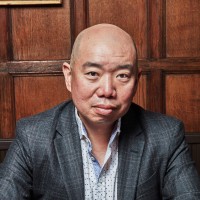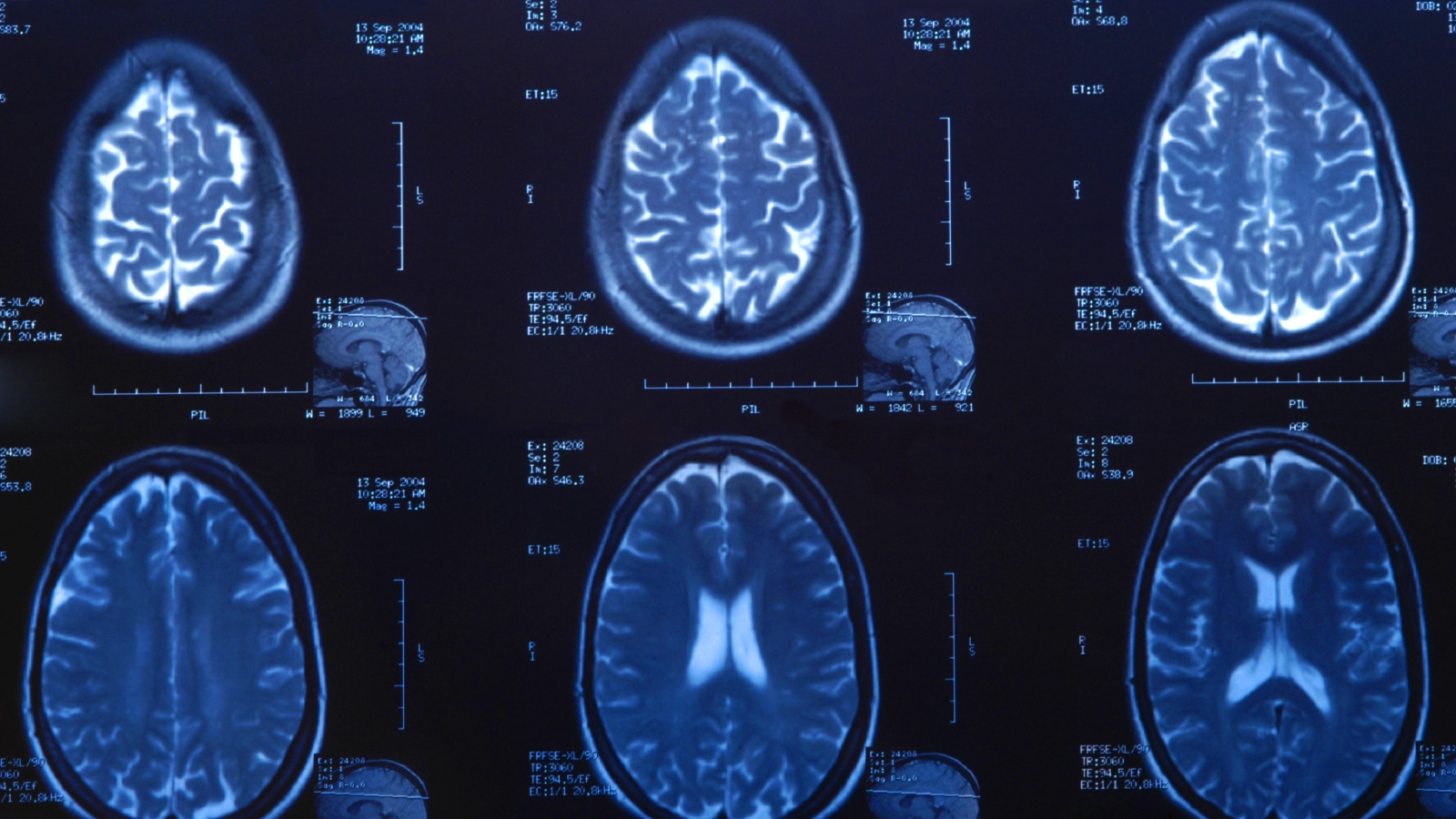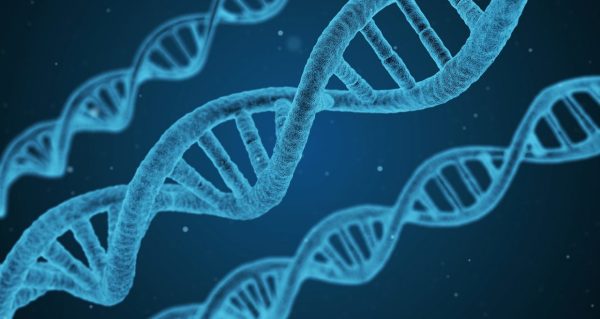Science
A Q&A with Giles Yeo, the course lead for Interpreting Consumer Genetic Testing
Science
A Q&A with Giles Yeo, the course lead for Interpreting Consumer Genetic Testing
Exploring the Genetics Realm with Dr. Giles Yeo, Course Lead for Interpreting Consumer Genetic Testing
Dr Giles Yeo received his PhD in molecular genetics from the University of Cambridge in 1998, after which he joined the lab of Professor Sir Stephen O’Rahilly, working on the genetics of severe human obesity. His research currently focuses on the influence of genes on feeding behaviour and body weight. In addition, he is a graduate tutor and fellow of Wolfson College, and Honorary President of the British Dietetic Association.
Giles is also the course lead for Interpreting Consumer Genetic Testing, an 8-week online course from Cambridge Advance Online. Today, he answers a series of questions about what lead him to create a course in consumer genetic testing, and how it can and cannot be used in various business practices.
Delving into Genetics: Dr. Giles Yeo's Current Research Focus on Body Weight and Feeding Behavior
I’m a geneticist by trade, and my current research interest is trying to understand why people are different sizes in the current food environment we’re living in. Why are people small, medium and large? I study the genetics of body weight, which by its very definition means we’re studying the genetics of how our brain influences our feeding behaviour.
What is the most exciting part about the field of genetics?
The most exciting part is the fact that it has, in effect, been democratized. So what do I mean by this? There is a lot of genetic information now available from millions of different people out in Open Access. Many people have begun to look at this as, ooh, can we actually use it to personalize all kinds of things? There are many companies now beginning to personalize nutrition or think they can personalize nutrition, personalize fitness and personalize health. And I think how true this is, we are still grappling with this technology because the amount of data is so much and so new. So this is the really most interesting part of the field of genetics at the moment.
What are the big issues or key challenges in the field of genetics?
One of the big issues and key challenges within the field of genetics, is this issue of determinism. Certainly when I was at school studying genetics, you think of Gregor Mendel and his peas, and how genes determine who you are, what you are or what you can do. And this is not true. Genes kind of give you a set of possibilities that you can achieve or not achieve but these don’t act in isolation. They act in interaction with the environment, and so I think the biggest challenge is trying to get this information across that it’s not just your genes, it’s not just the environment, it’s this crucial interaction between the genes and environment. That’s why you can have people with the same genes doing different things in different environments and this, to me, is the biggest issue – trying to get this information out there.
Tell us something interesting about your research or any projects that you’ve worked on genetics.
My field of expertise is obesity and one of the most interesting things we’ve discovered most recently, is a gene called MC4R. It’s one of the fat senses within the brain. Our brain needs to know how much fat we have, because how much fat we have is how long we would survive in the wild without any food.
We’ve recently found out that 0.3% of the population have mutations of this gene. OK, 0.3% if you scale it up to represent the UK is 200,000 people. On average, at 18 years old, so just as you go into adulthood, if you carry one copy of a mutation in MC4R, you’re on average 18 kilograms (that’s nearly 40lbs) heavier than someone without the mutation.
I’ve studied this gene for a long time, but now we realize that it’s actually far more common than we might imagine. We just published this last year.
Decoding Genetics: Can Consumer Genetic Tests Really Predict Your Future?
Consumer genetic tests originally started as an ancestry tool. People were interested in what percent Viking they were, where did their ancestors come from, that kind of thing. And it’s still really quite an interesting fun thing. How accurate it is? That’s up for debate. Increasingly, people are now using these genetic tools in order to try and make other predictions. There’s health, personalized diet, personalized fitness and so on.
It’s a market that is expected to double in the next eight years. More and more people are going to be interested in their genes and what these tests can predict: are they going to be fitter? Are they going to be fat? Are they going to be able to eat healthier or not?
This course is designed for anybody out there who’s interested in what consumer genetic tests can or cannot tell you. And for those of you working in various different industries/companies, this is going to keep you ahead of the curve if you’re, for example, trying to put together some marketing campaign for a more personalised service or tool, you will know what you’re able to say.
What insights do you aim for learners to acquire in genetics from this course?
It’s been an interesting exercise writing this course. It’s not designed to replace your GCSE genetics or A Level biology. This is not the purpose, but we do actually go through some of the basics of genetics which I think is absolutely important.
What I hope that learners will gain from this course is a couple of things.
First, is the nuance in genetics. Now I realize I’m a geneticist, so I’m slightly biased, but it’s a very interesting field and I think understanding the nuance in genetics will help us better understand ourselves.
Where we came from, where we’re going to, isn’t that what where we are for? I mean, isn’t it the big questions that we ask?
We’re going to try and answer some of these questions not by necessarily looking at the stars, but by looking within ourselves, and so that’s what I hope learners will gain from this course.
Whom do you consider as your inspiration in the field of genetics?
That’s a difficult question to ask. I would say my PhD supervisor, who passed away probably two years ago now, but he had a good innings and his name was Sydney Brenner. He was a giant in the field of molecular biology and molecular genetics. He received the Nobel Prize in 2002, actually, but I did my PhD with him in the early/mid 90’s and he was an acerbic character. He was a fantastic molecular geneticist, I thought; a very, very smart man, and I was very well trained by him. So that, I think, would be my biggest inspiration in the field.
Which books or other media do you find useful or inspirational in the field of genetics, and why?
More broadly, I recommend the book Sapiens: A Brief History of Humankind by Yuval Noah Harari. There’s some aspects that people might criticize from an academic perspective, but actually it’s quite an interesting read.
If you’re interested in the gene itself, there is the book called The Gene. It’s a big tome, but it’s a pop science book by Siddhartha Mukherjee, who is a professor at Columbia University in New York. Highly recommended reading.
How have your students, with a focus on genetics, influenced your teaching methods over the years?
I know this is a cliché but your students reflect very easily on how good or how rubbish you are at teaching and it’s in real time. It’s almost like a survey of how well you’re doing and when a student doesn’t understand what’s going on, it’s easy to blame the student. Very easy to blame the students. More often than not, it’s the teachers fault. That’s what students have taught me.
Explore our range of online courses led by University of Cambridge academics, and learn from thought leaders at the forefront of academic research. Visit our website for more information: advanceonline.cam.ac.uk(Opens in a new window).



